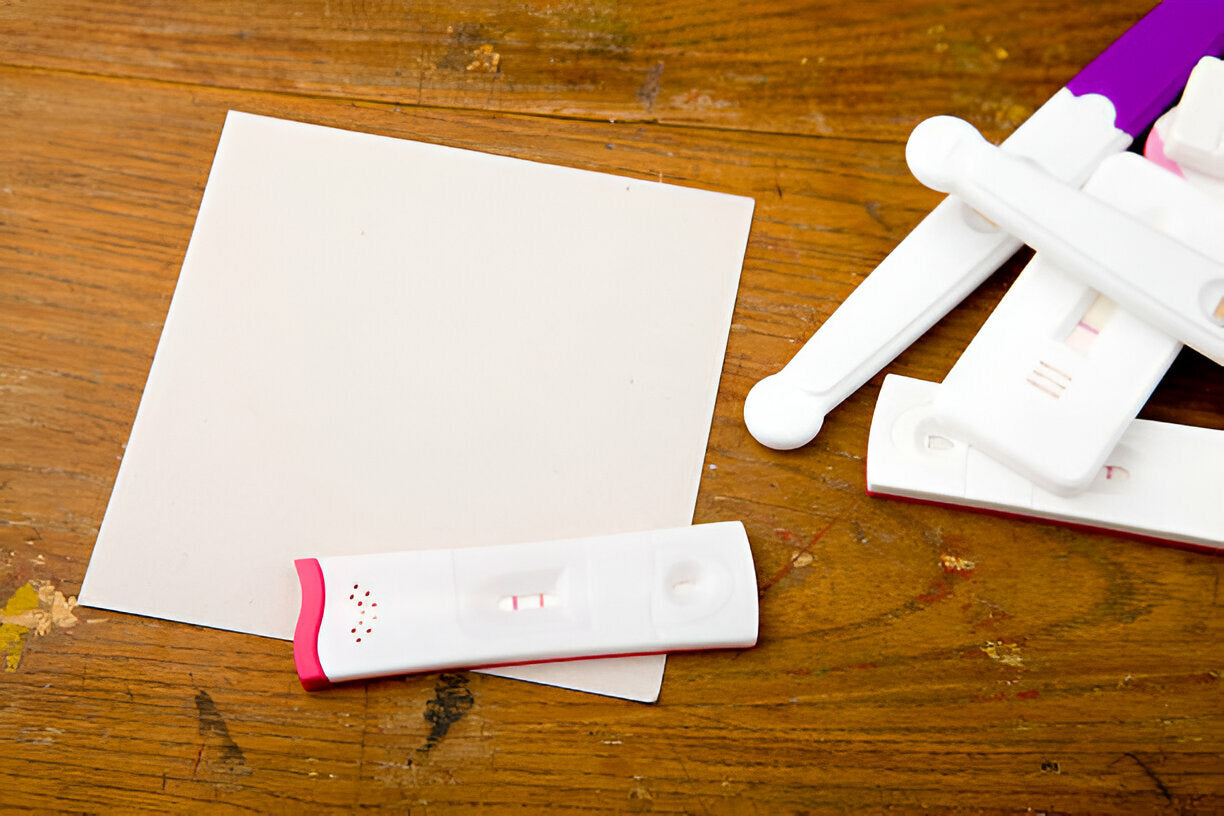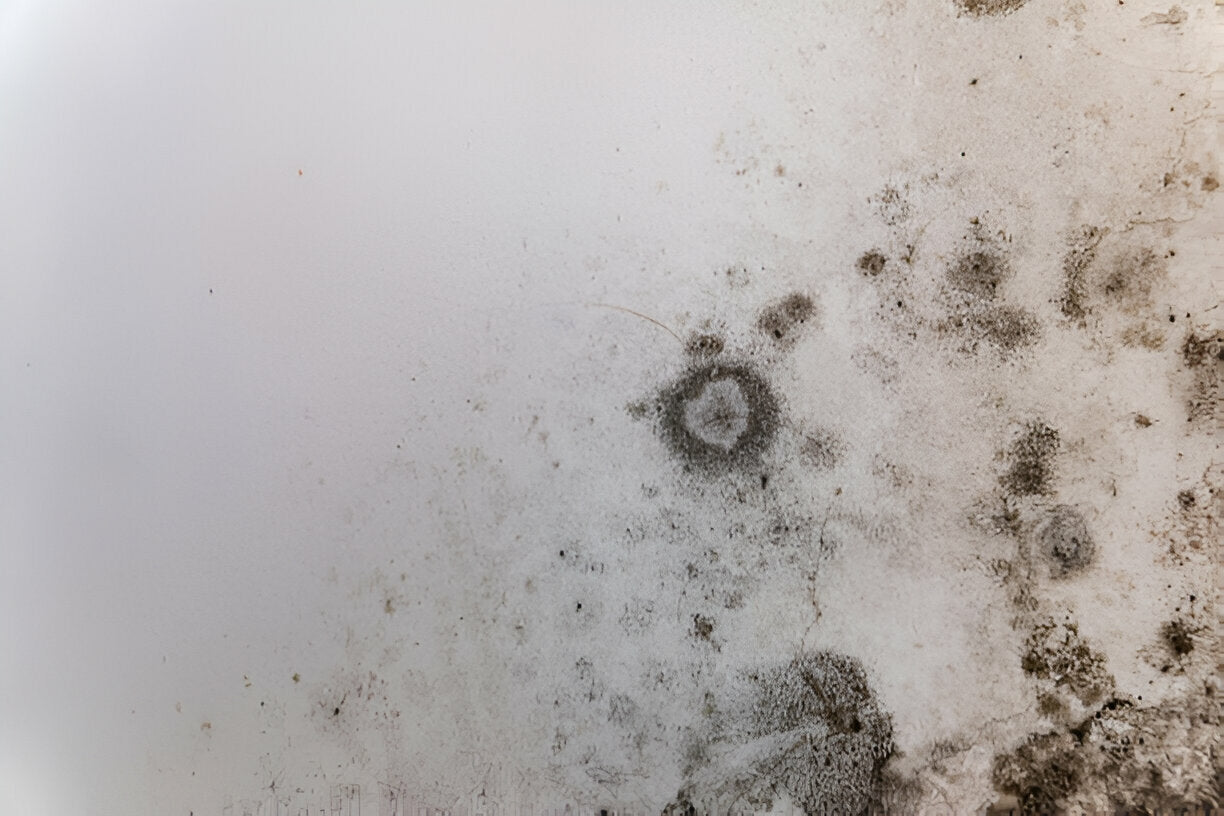Houseplants are beautiful, functional, and trendy. They add a touch of nature to any space, improve air quality, and even boost mental health. However, too much of a good thing can lead to unexpected issues. If your indoor jungle is thriving a little too well, it could be contributing to elevated mold levels in your home.
How Do Houseplants Contribute to Mold Growth?
Houseplants themselves don’t cause mold, but the conditions they thrive in—moisture, warmth, and organic matter—can create an ideal environment for mold to grow. Here’s how:
- Overwatering: Damp soil in plant pots is a perfect breeding ground for mold spores.
- Humidity: A large collection of plants can increase indoor humidity, which promotes mold growth.
- Organic Debris: Dead leaves and plant material decompose, creating an environment for mold.
- Improper Ventilation: Clusters of plants in tight spaces can trap moisture and reduce air circulation.
Signs Your Houseplants May Be Causing Mold Problems
- Musty Odors: Mold often produces a distinct earthy or musty smell.
- Visible Mold: White, green, or black mold spots on soil, pots, or surrounding surfaces.
- Increased Allergies: Sneezing, coughing, or itchy eyes could signal mold exposure.
- Humidity Issues: Consistently foggy windows or condensation near plant clusters.
Preventing Mold Growth in Homes with Lots of Plants
- Avoid Overwatering: Only water plants when the soil is dry to the touch.
- Improve Ventilation: Place plants in well-ventilated areas to allow moisture to dissipate.
- Use Mold-Resistant Soil: Add materials like charcoal or sand to improve drainage.
- Monitor Humidity Levels: Use a dehumidifier to keep indoor humidity below 50%.
- Regular Maintenance: Remove dead leaves and wipe down plant pots and nearby surfaces.
Testing for Mold in Your Home
If you suspect mold due to houseplants or other sources, testing your home is crucial. A MycoTest DIY Mold Testing Kit offers an affordable and convenient way to identify mold issues. With our professional-grade kits, you can test your home, and even test for mold on plants or in their soil, ensuring a comprehensive assessment of potential mold sources. You’ll receive lab results within 1 day of receipt. If mold is detected, MycoTest provides expert consulting and connects you with trusted remediation professionals.
How Mold from Plants Impacts Your Health
Mold exposure can cause respiratory problems, allergies, headaches, and even chronic illnesses if not addressed. Those with asthma, allergies, or weakened immune systems are especially vulnerable to mold spores.
Striking a Balance: Enjoying Plants Without Risk
You don’t need to part with your leafy companions! With proper care, you can enjoy a home filled with greenery without worrying about mold. Monitor your plant care routine, address humidity issues, and stay proactive about testing for mold.
Take Action Against Mold Today
Whether your plants are the culprit or you suspect other sources, it’s essential to address mold promptly. Visit MycoTestKit.com to order a DIY mold test kit and ensure your home remains a healthy space for you and your greenery.






